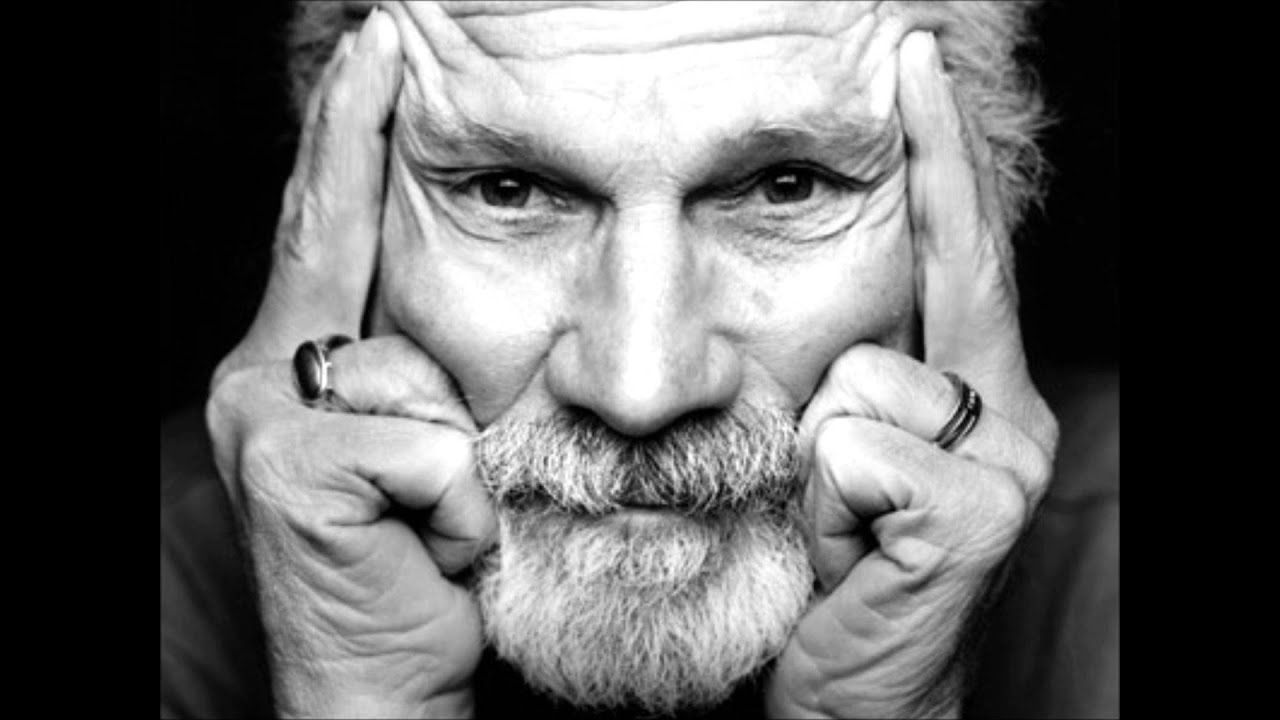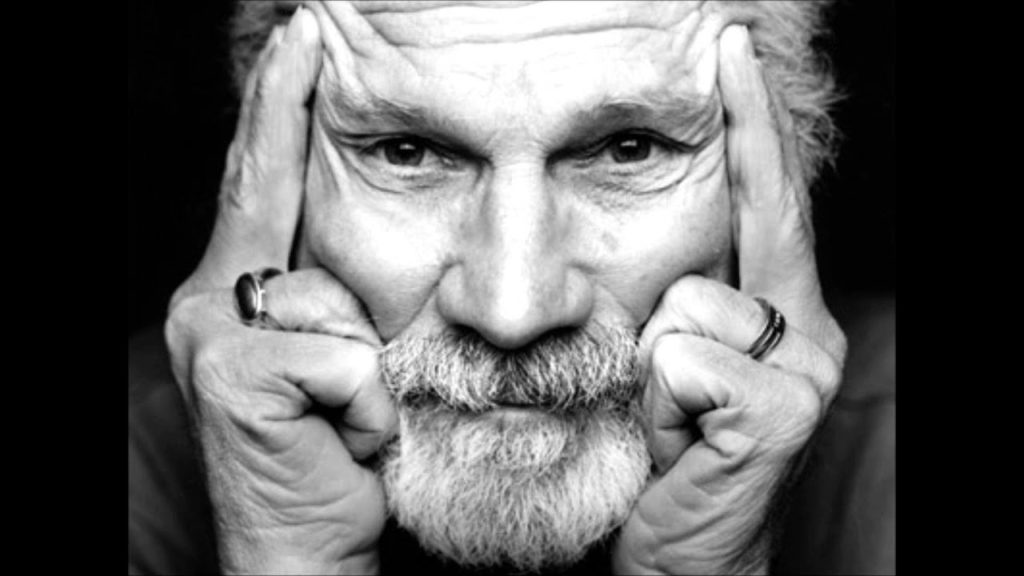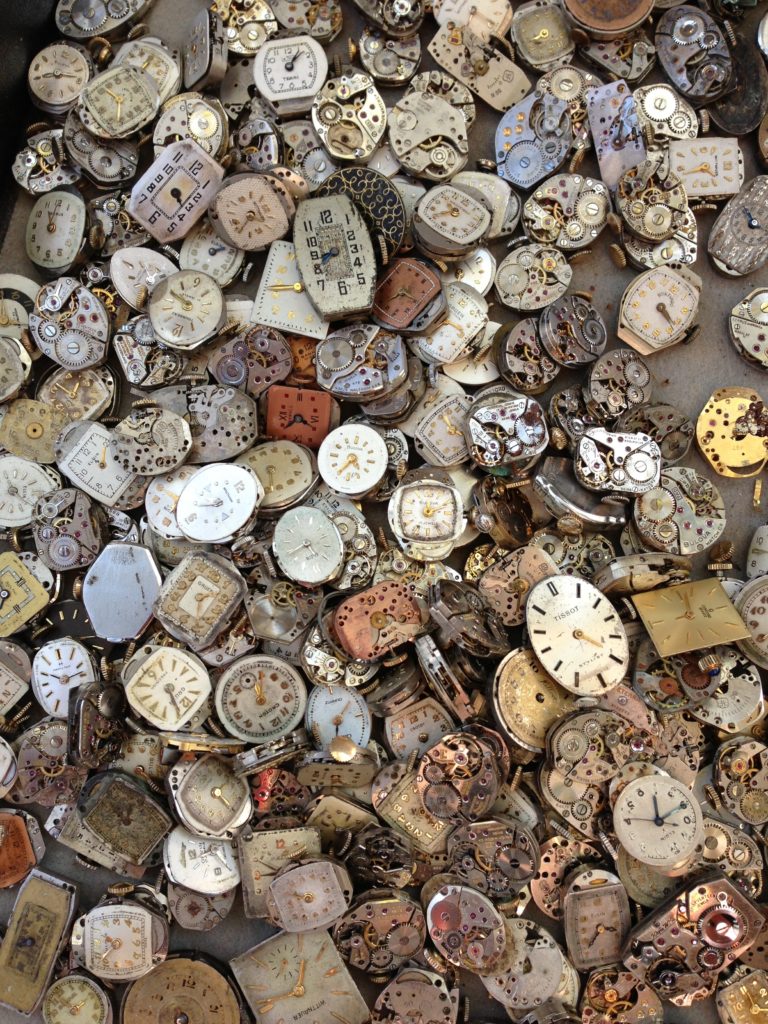
 “We’re living on borrowed time.”
“We’re living on borrowed time.”
The church I serve is like most churches in the United States in that we have an aging infrastructure that requires more maintenance and repairs each year. The HVAC system we have was designed for a usage period of 50 years. We are in year 60.
We are truly living on borrowed time when it comes to replacing this critical piece of infrastructure. After all, we live in Virginia and during the height of the summer, it feels more like hell than anything or anywhere else. We are not looking at if the system fails and needs the be replaced we are forecasting when.
You probably began reading this Advent-ure devotional not expecting to consider church maintenance as we prepare for the coming of the Lord. As we gather for worship on Christmas Eve, just a few days away, most will not be thinking about HVAC systems and deferred maintenance. The glow of the Advent wreath, with the center-Christ candlelit, will fill rooms and hearts with the Peace we expect on the coming Holy Night. But while you are lighting your candle to sing Silent Night systems will be failing around you. Worse is a scenario, the system operating on borrowed time will fail on Christmas Eve, during Silent Night and not the following Sunday when attendance will be (slightly) below what it was on Christmas Eve.
Repairs needed for aging infrastructure are nothing compared to the repair humanity requires. Sin is everywhere.
Sin has touched every corner of creation and we, Christians, have allowed the shadow of sin to overcome our willingness to be part of God’s dream for a redeemed and restored creation.
We see the shadow side creation every time we drive down the street and pass by someone holding a cardboard sign.
We see the glaring holes in humanity when we see a tragedy on television and think to ourselves, “thank God I don’t live there” and then neglect to pray for those living in that place or situation we are thankful to not be a part of.
We see the repair needed in humanity every time we turn away from the grace of the manger, opting for the security and might of the empire.
The damage has been done by our unwillingness to follow the example of Christ and now, we are living on borrowed time awaiting the day when, as we say in the UMC, “Christ will come in final victory and we (will) feast at his heavenly banquet.”
When that day comes we, the Church and those who claim the mantle of a disciple of Jesus Christ will have some questions to answer.
“We simply must learn to see the world in which we live as the world that the Father created and redeemed through the Son.” – Stanley Hauerwas, Matthew
Staring at us, head-on, as we prepare for the birth of Christ is the reminder that Christ was born, lived, died, and rose again. For us now, we are living on borrowed time, awaiting Christ’s final victory. We are living in a world in need of redemption. Christ has promised the restoration of all of creation. That means, to quote Mufasa, “everything the Light touches” and will touch will be redeemed.
Nothing is beyond the reach of Christ’s ultimate victory and redemption. This extends into the places we want Jesus to keep his divine nose out of, as Dr. Hauerwas notes, “a politics that challenges our most fundamental assumptions about the way things are.”
During my first Christmas at my first appointment, our senior pastor was chastised by a parishioner after service three of five because his Christmas sermon was “political.” The politics in question was an acknowledgment that a church in the D.C. area is one of the last places where people from differing political tribes willing to gather together.
We do not want politics in our Christmas. We are will to consider politics playing a part in Advent to appease a young pastor but at Christmas, we want Linus, Charlie Brown, and some good old fashioned sentiment (all in under an hour because we have parties to get to).
Something new is on the horizon.
Regardless of what we think God is doing, or the plans God has for us, if we can learn anything from the season of Advent and the preparations we make for the coming of the Messiah, it is this: God will do what God will do, and the timing, however much we like to think we can control, is not up to us.
The new creation we think will come at the end of time has already come. It arrived in Bethlehem and was laid in a manger in bands of cloth.
We’re living on borrowed time in the sense that Christ has already come once and we now live in a time of preparation for his return. We await the redemption of all of creation in Christ’s victory.
The new creation we find in Christ does not threaten the change the world, to change us, it already has. The waters we were baptized in changed our politic and the meal we share at Christ’s table of grace is our outward participation on our part of the redemptive work Christ has done and will continue to do. Living on borrowed time when it comes to infrastructure can scare any group of church trustees, but when we look at our borrowed time in relation to God’s promised redemption we can be at peace know that the grace of Christ is a “great joy” (Luke 2) for all of creation, including those who were told they would not be included.

Photo by Heather Zabriskie on Unsplash
